Brain
Medical Resources
6 Articles
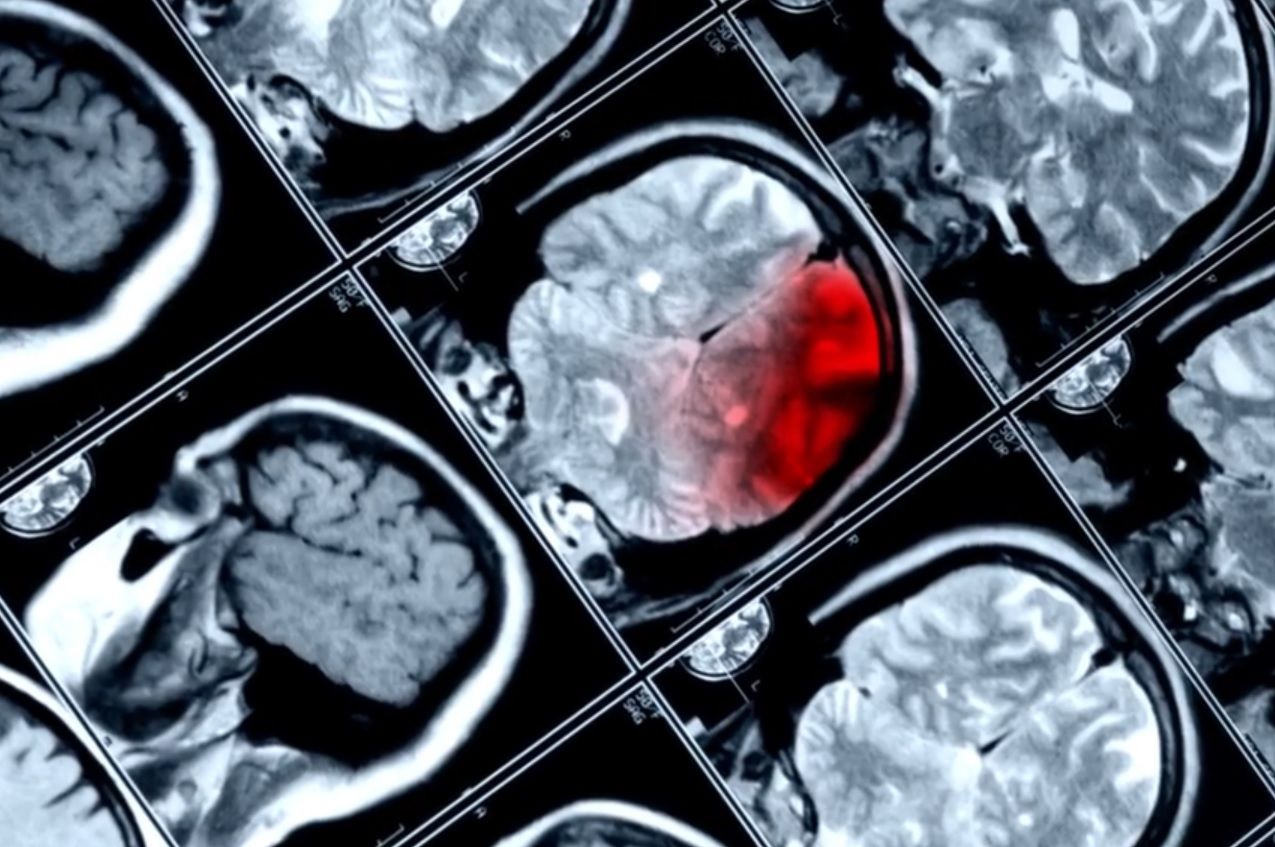
Traumatic Brain Injury
Overview
Traumatic brain injuries (TBI) cause brain dysfunction and can severely impact your life.
Causes
As the name suggests, this type of injury is caused by trauma forcing the brain to slam into the sides of your skull. This impact tears brain tissues and blood vessels. TBI’s are usu…
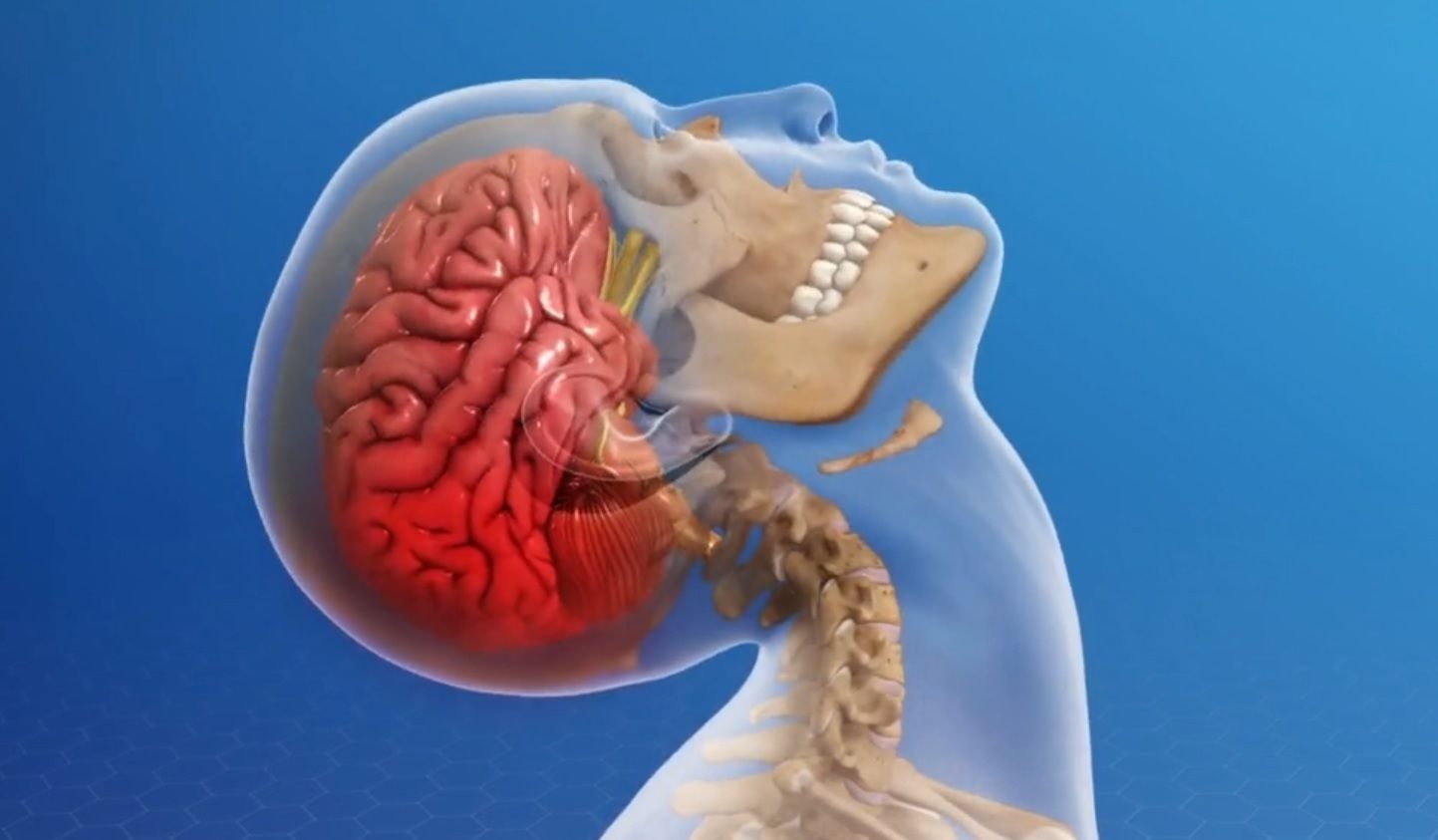
Post-Concussion Syndrome
Overview
Post-concussion syndrome is the name given to the set of symptoms caused when your brain is injured by violently striking the inside of your skull (concussion). Car crashes, falls, or physical trauma to the head can cause concussions. You do not have to lose consciousness to have suffe…
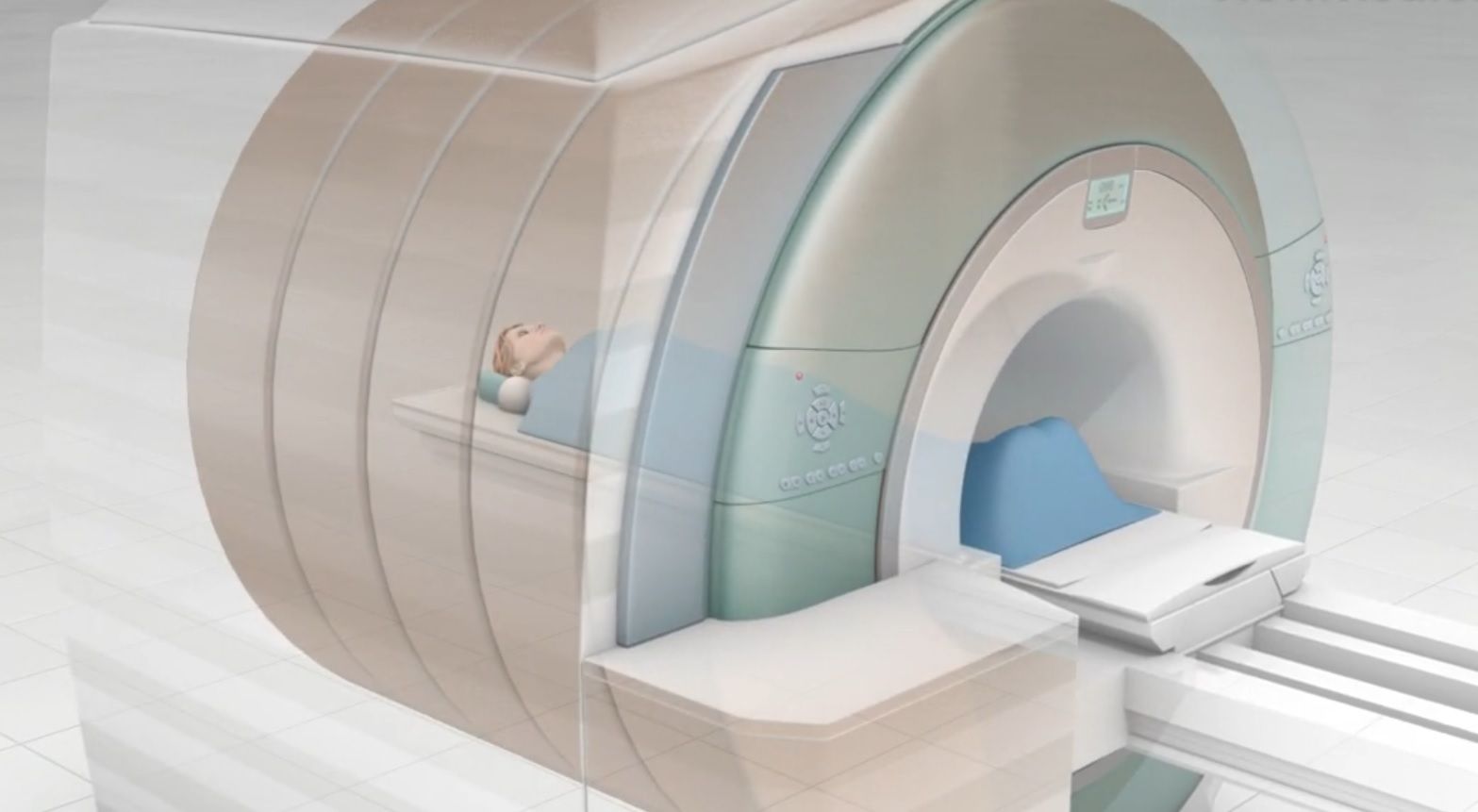
MRI (Magnetic Resonance Imaging)
Overview
A Magnetic Resonance Imaging (MRI) scan lets doctors see inside your body. Unlike x-rays that use radiation to show bony structures, MRIs use magnets and radio waves to show soft tissues.
Preparation
You will need to remove glasses, jewelry, hearing aids, dentures, and other item…
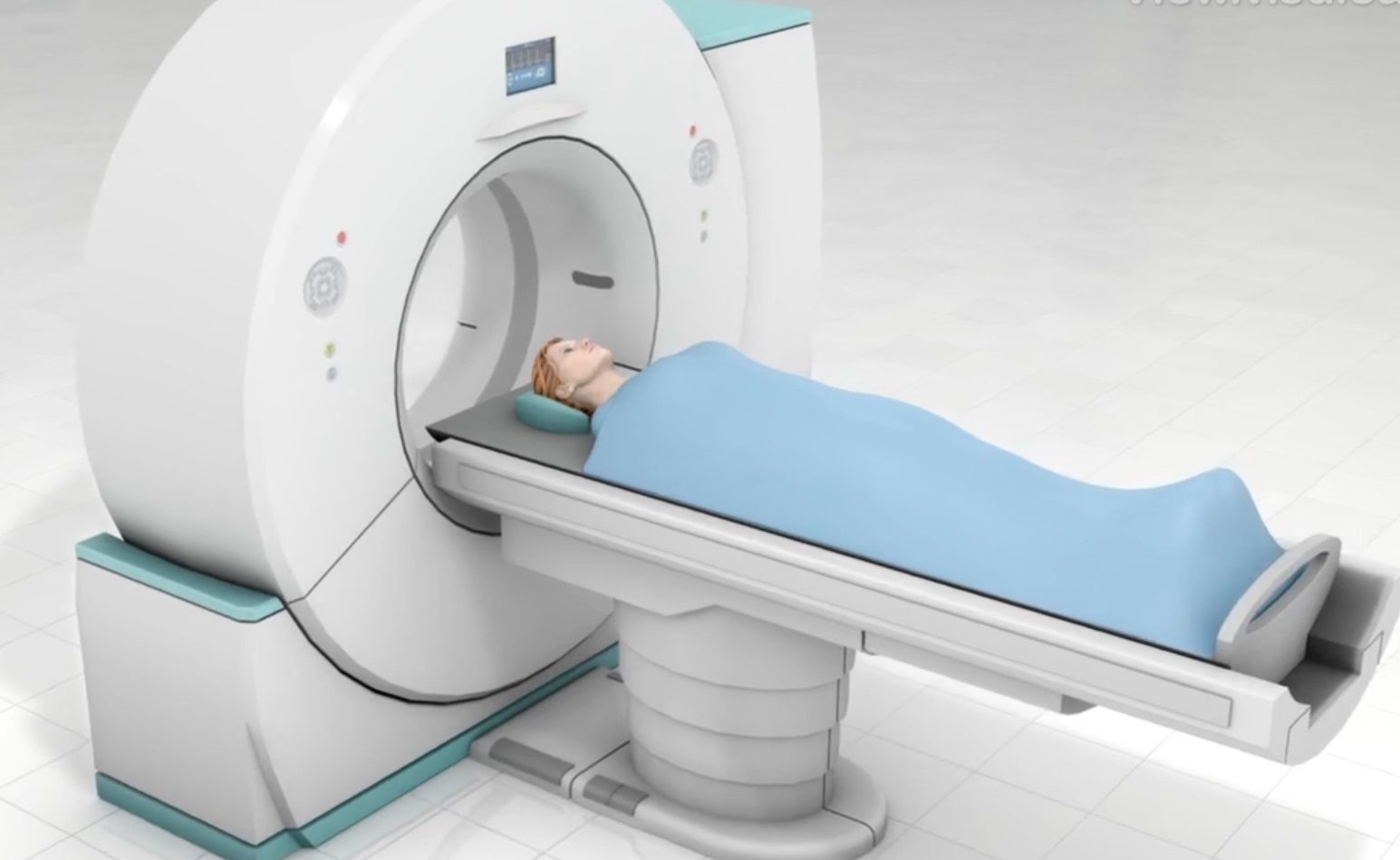
CT Scan (Computed Tomography, CAT Scan)
Overview
This diagnostic scan takes x-ray images from many angles, combining them to show doctors clear cross-section slices of your body parts. A CT scan shows much more than a typical x-ray and depicts structures that MRIs are inadequate to image.
Preparation
You will need to remove your glas…
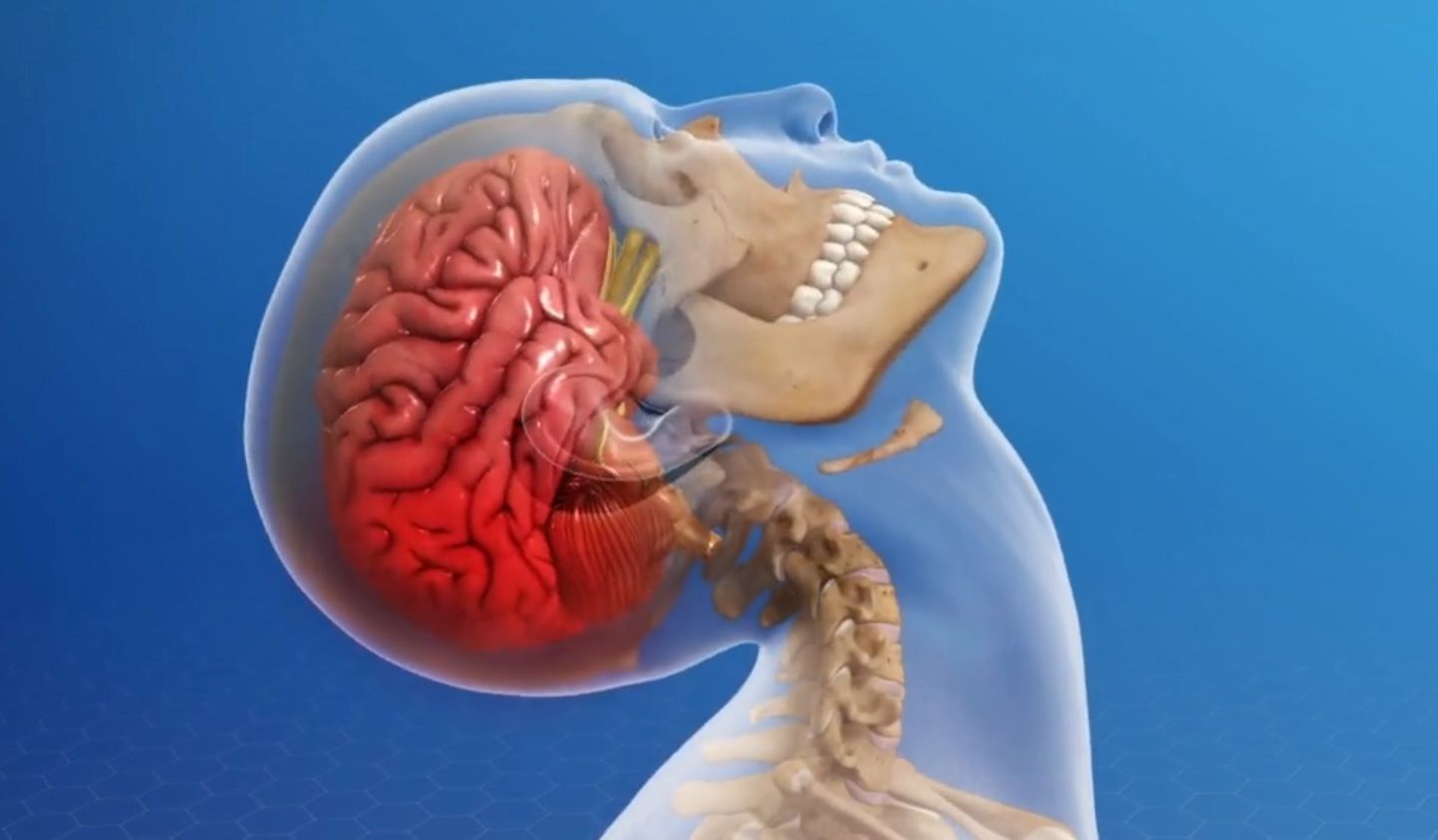
Concussion
Overview
A concussion is a traumatic brain injury that happens when your brain violently strikes the inside of your skull. A concussion can affect your brain function and can cause permanent problems.
Causes
Your brain is surrounded by thick cerebrospinal fluid that protects your brain from harmf…
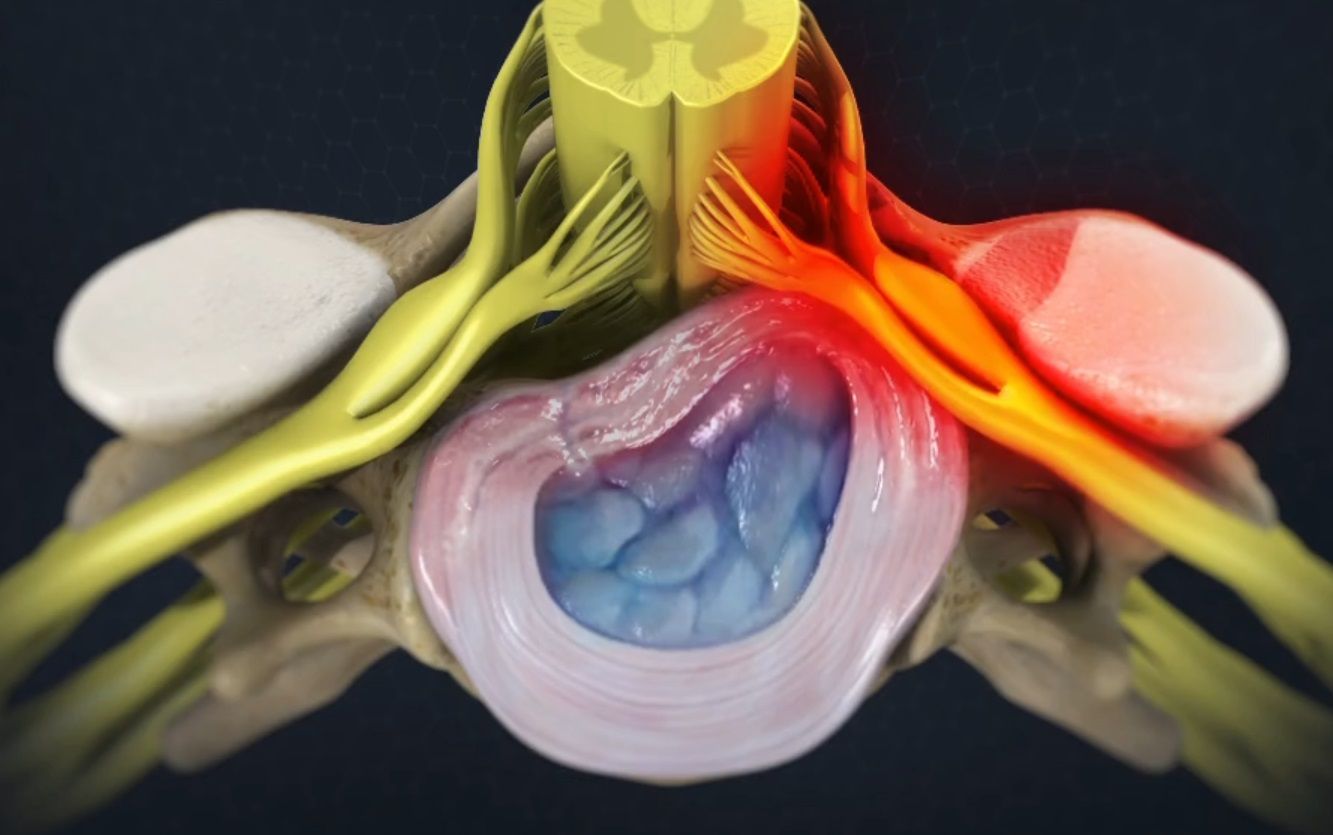
Cervical Radiculopathy
Overview
Nerve roots in the cervical spine (neck) travel to the shoulders, arm, hands, and fingers. A neck injury can compress or irritate a cervical nerve root, creating symptoms in the areas where that nerve travels.
Causes
There are three primary causes of cervical radiculopathy. A herniate…
